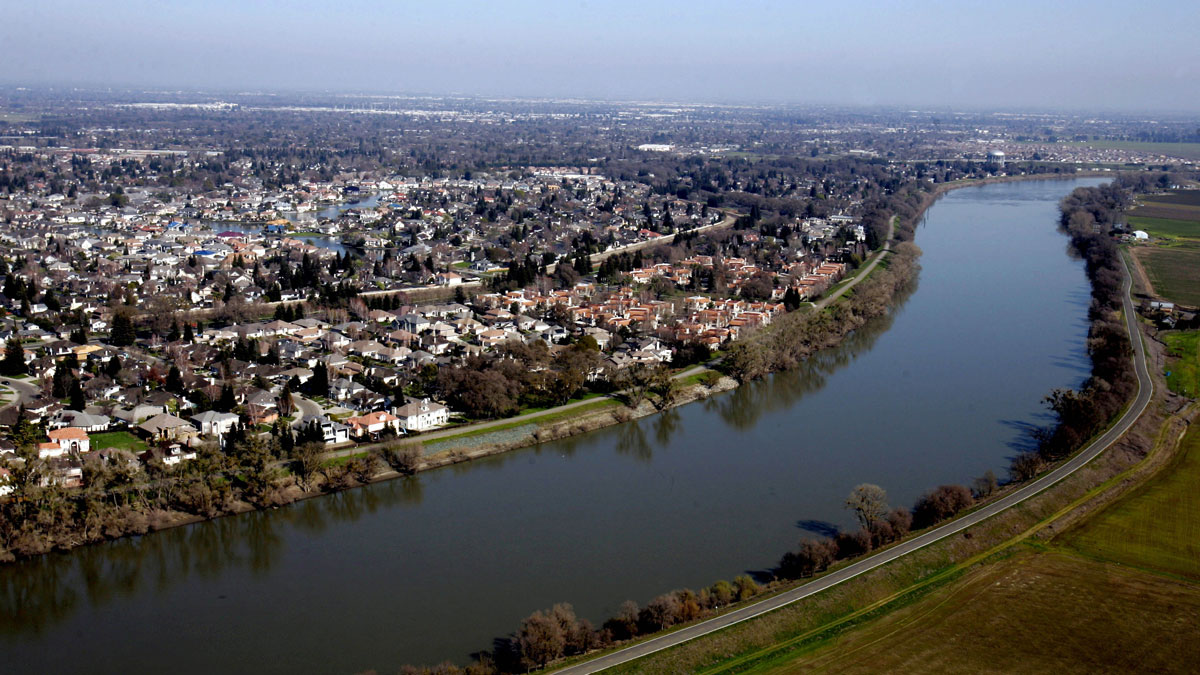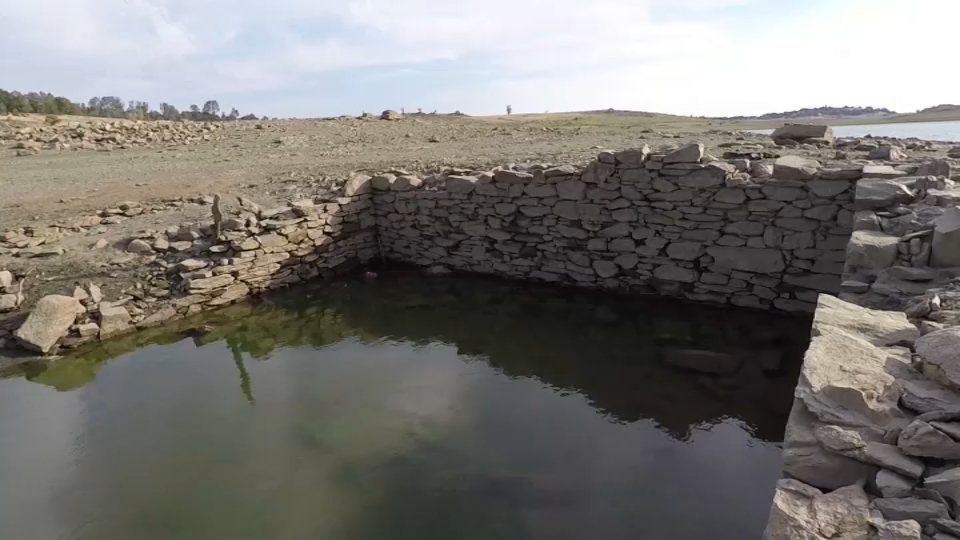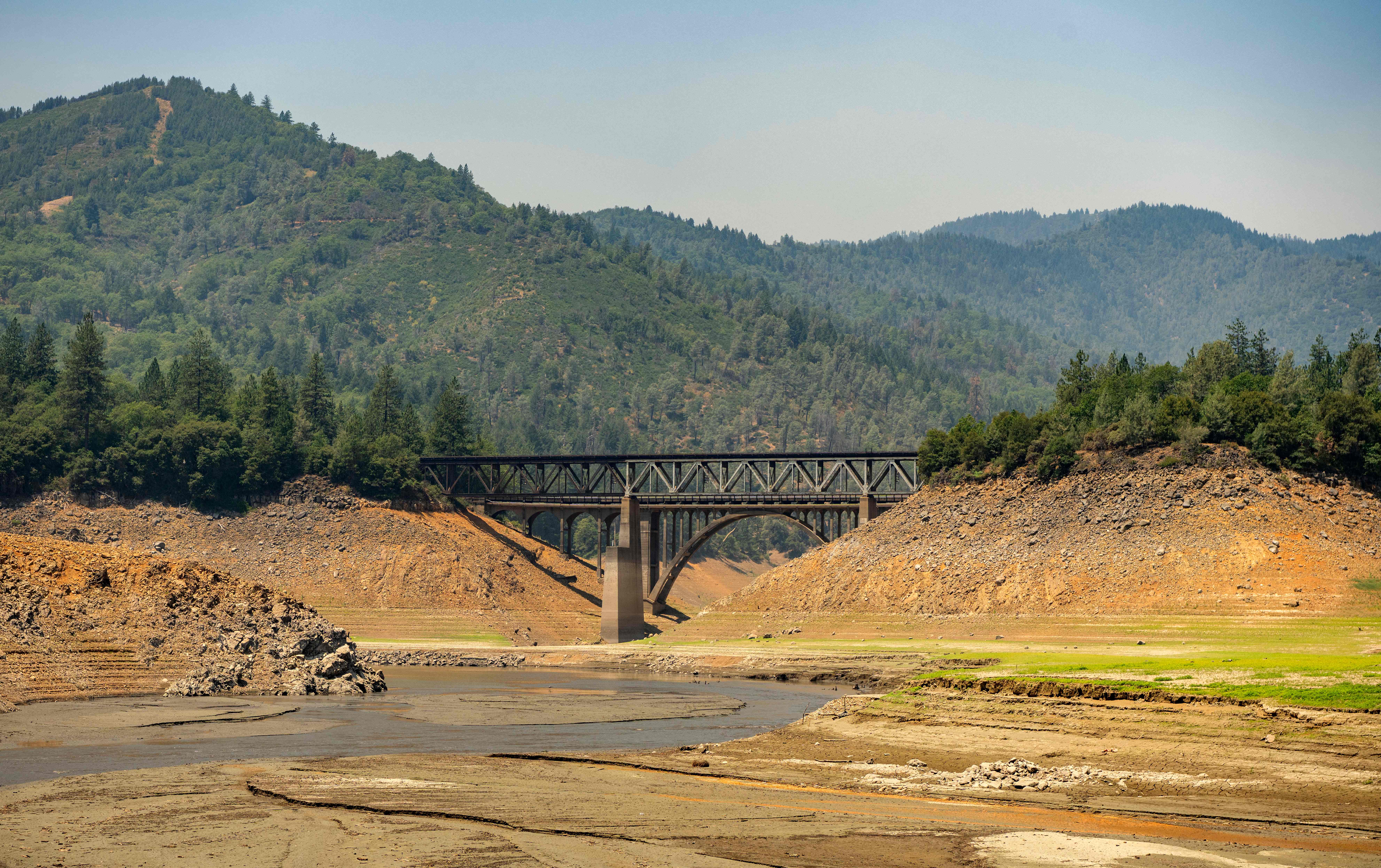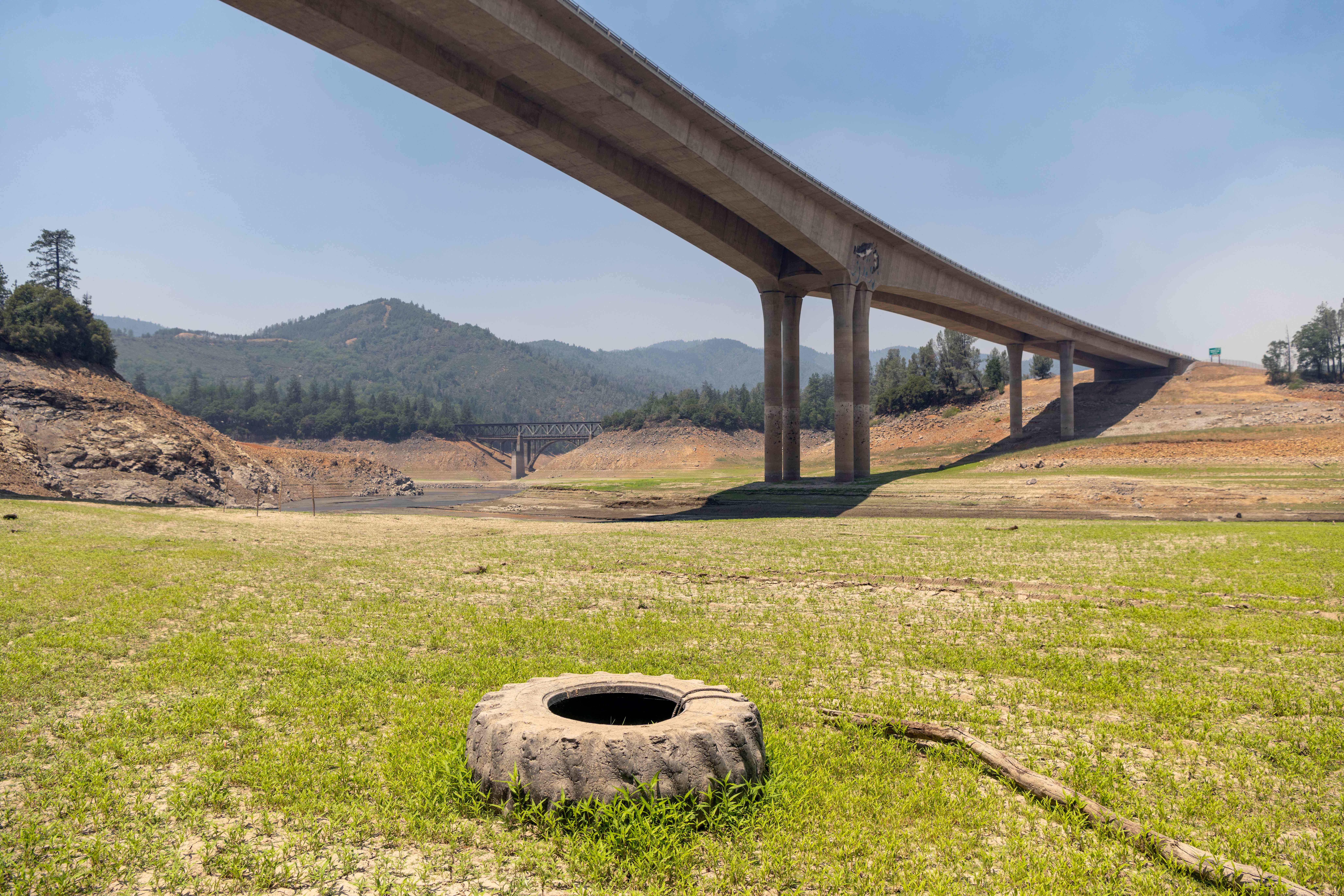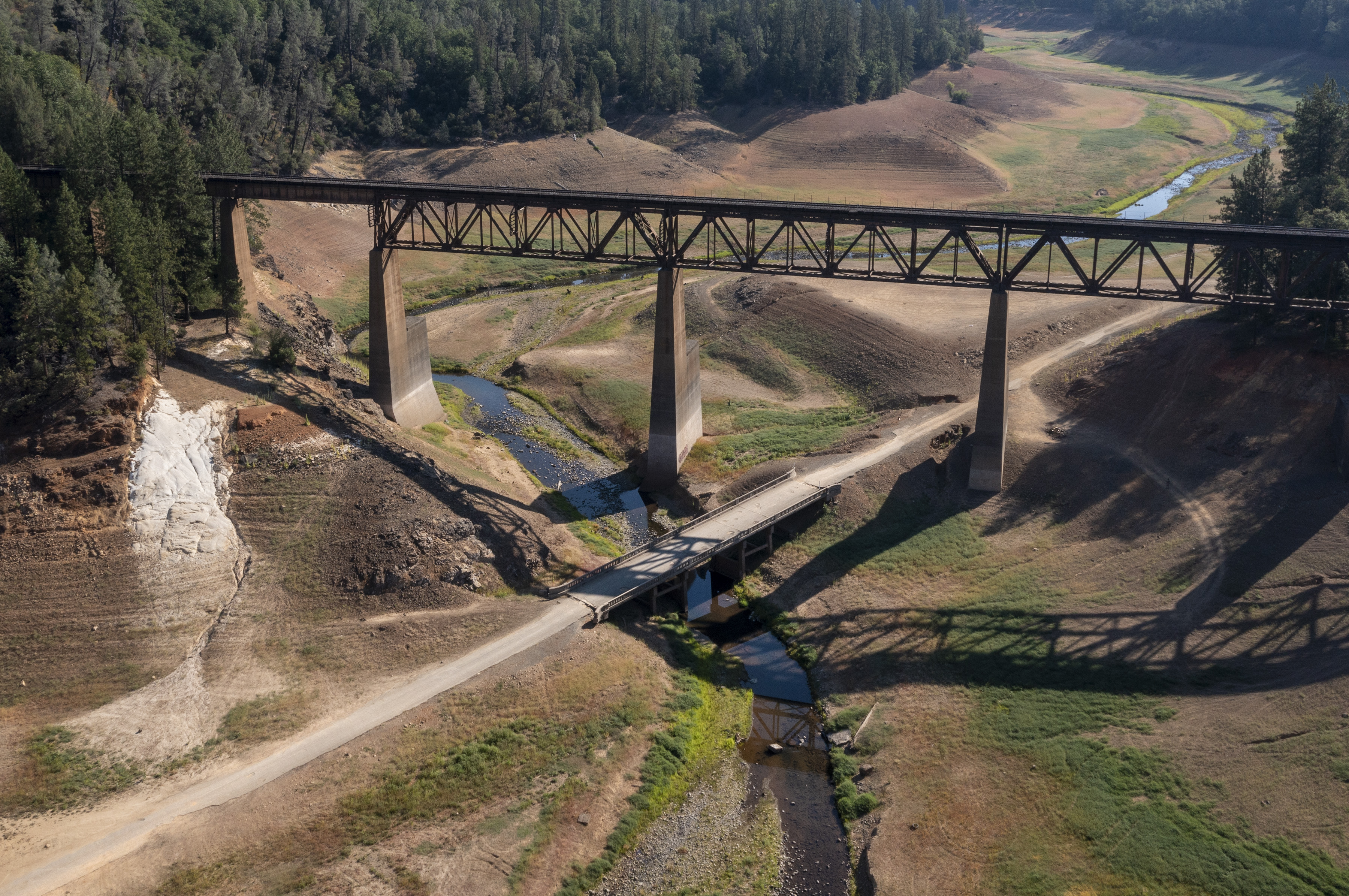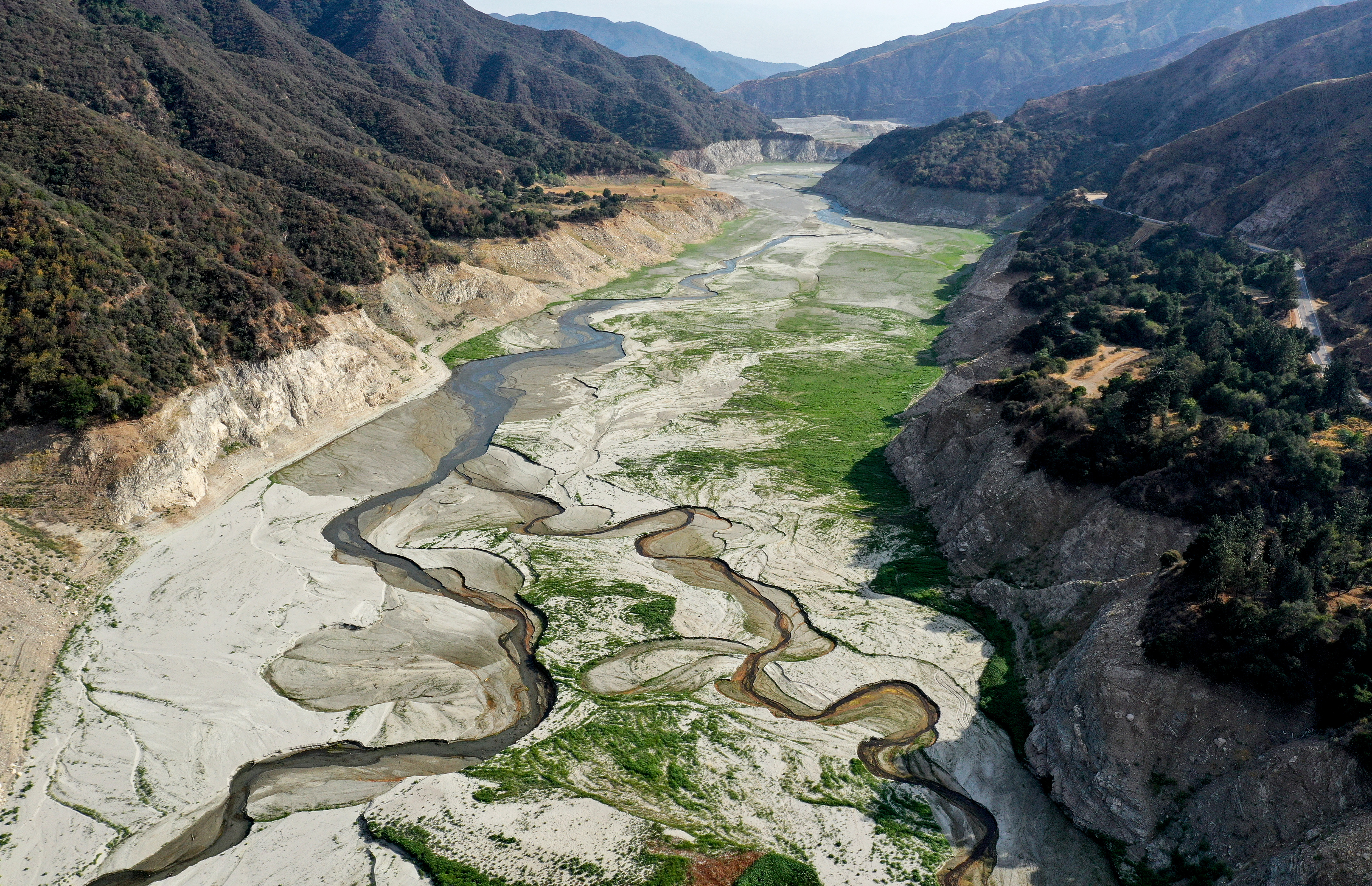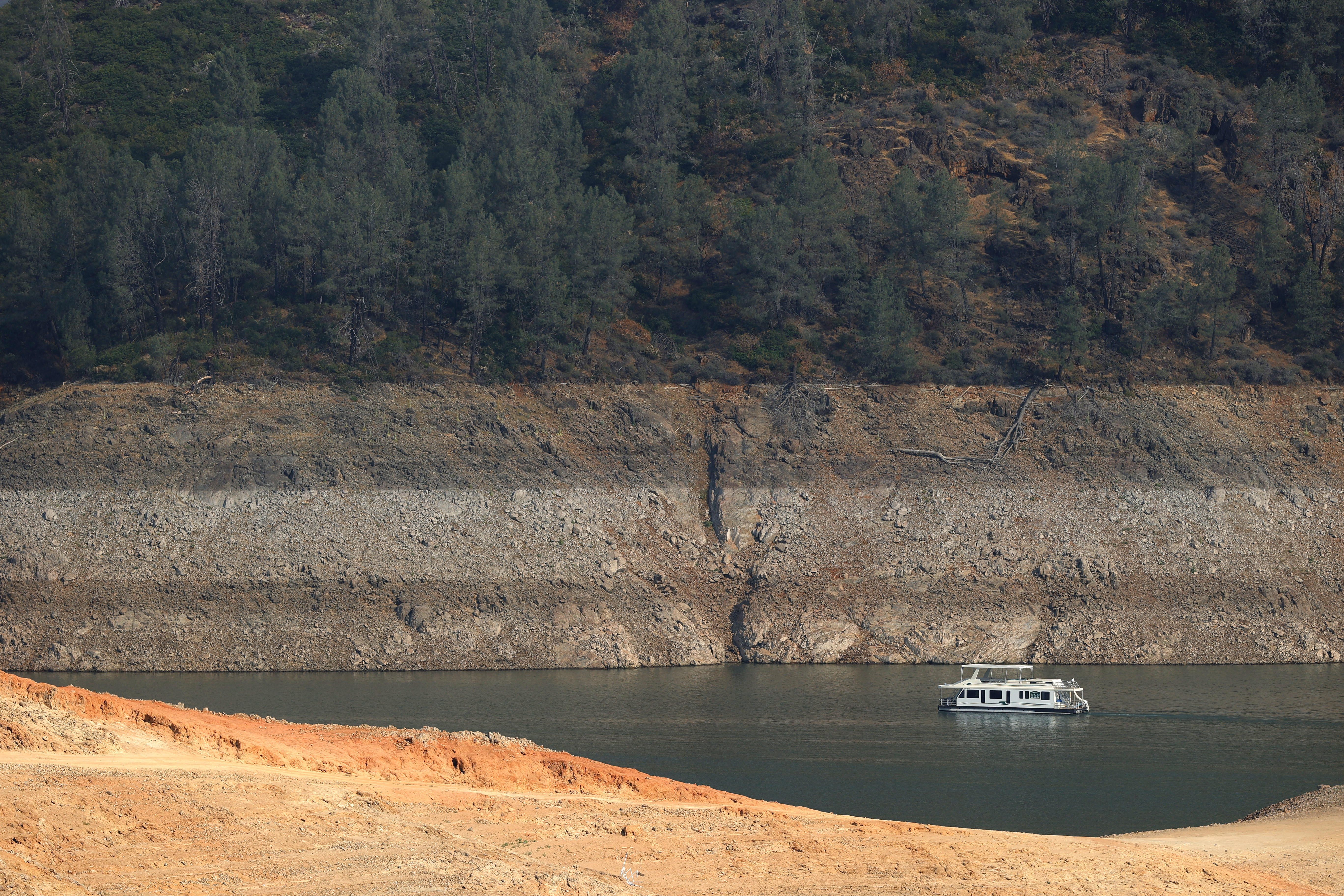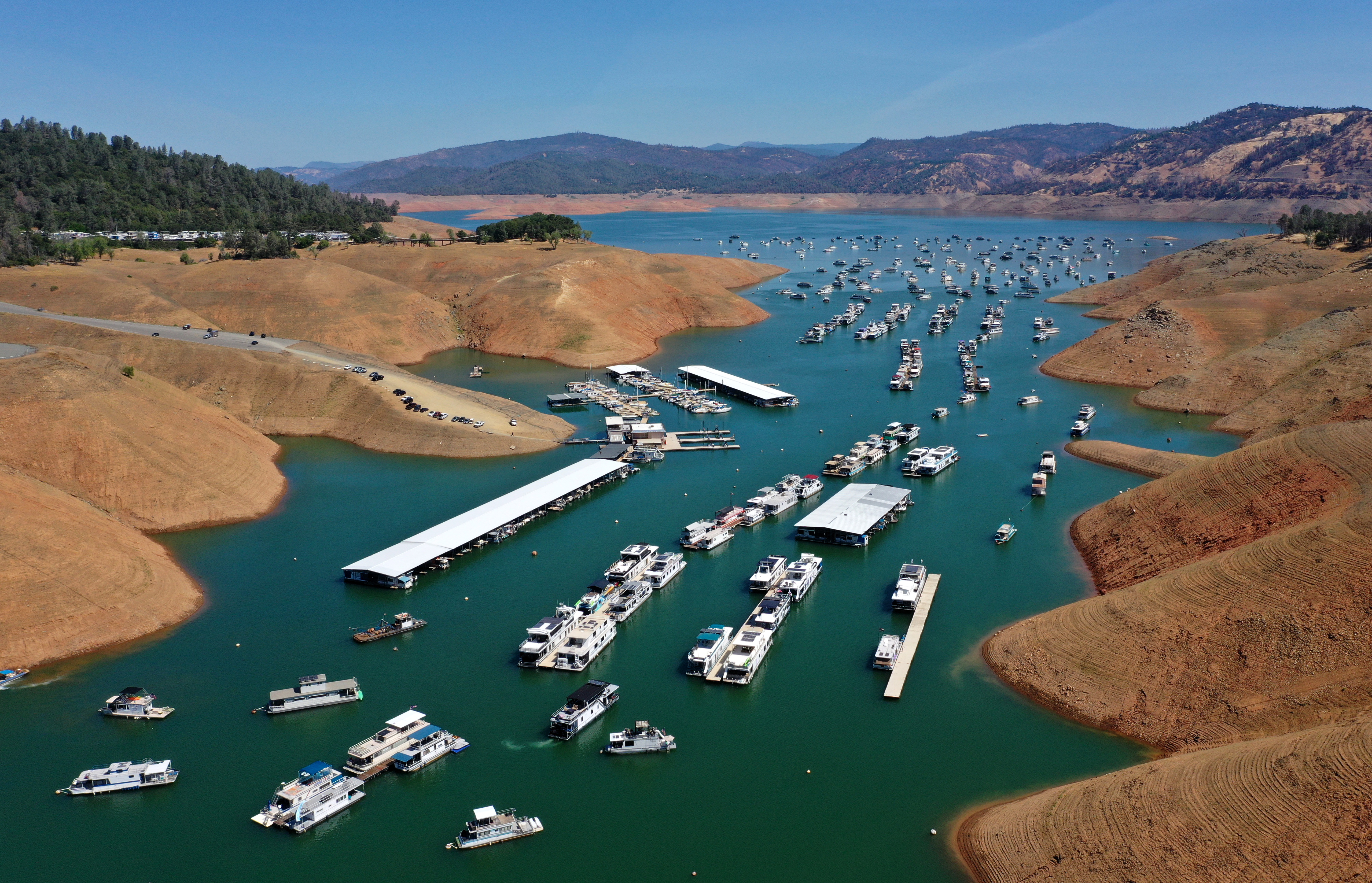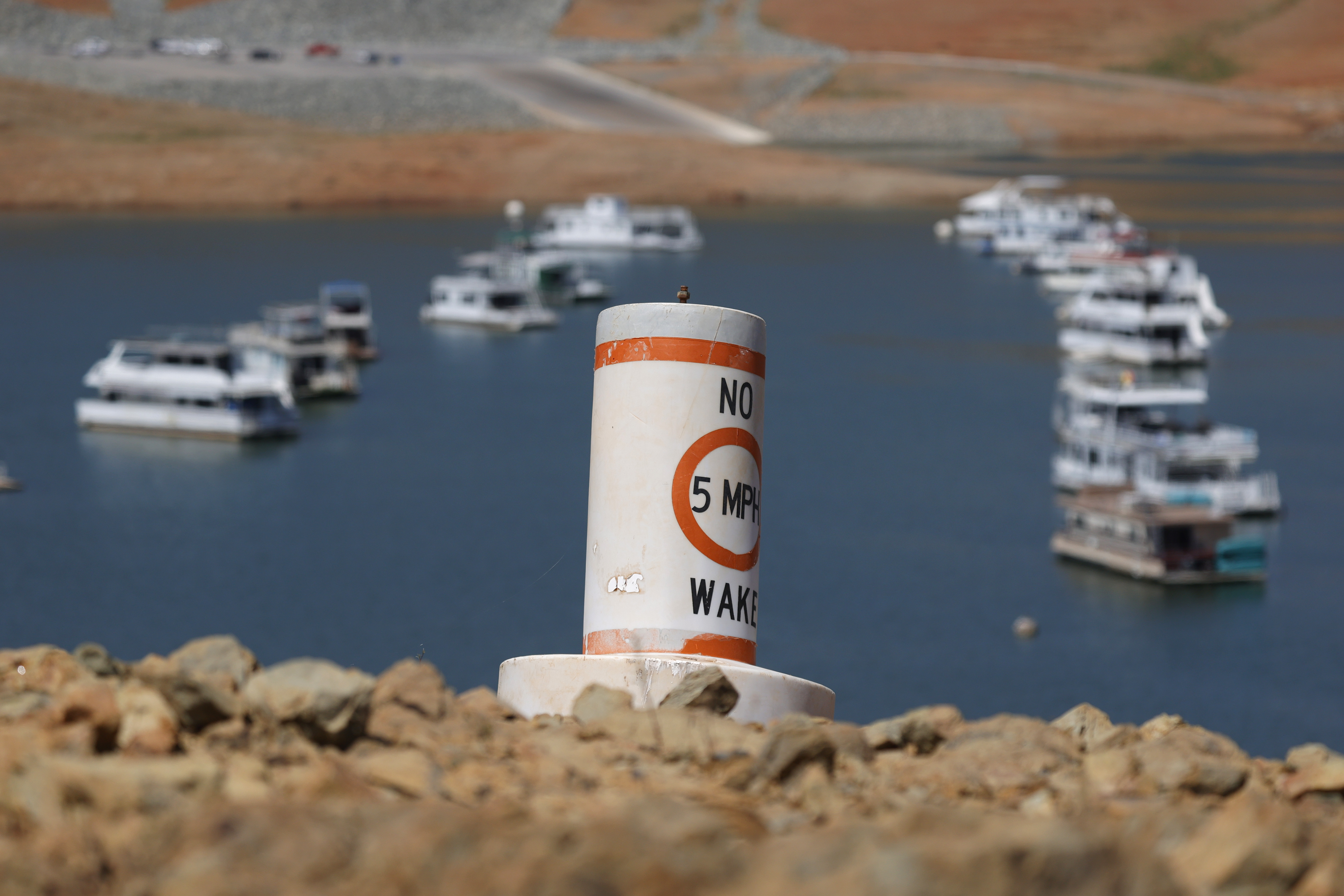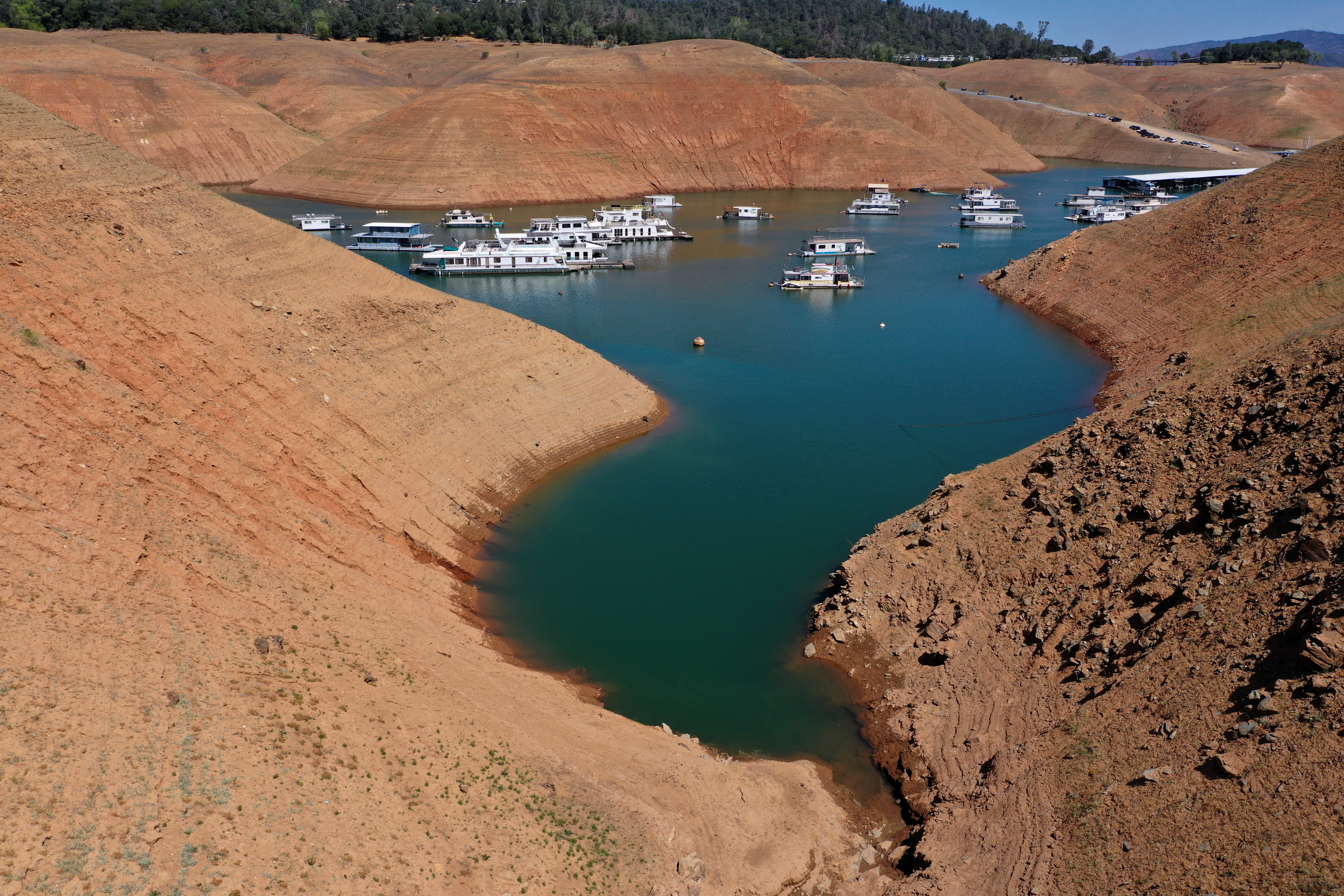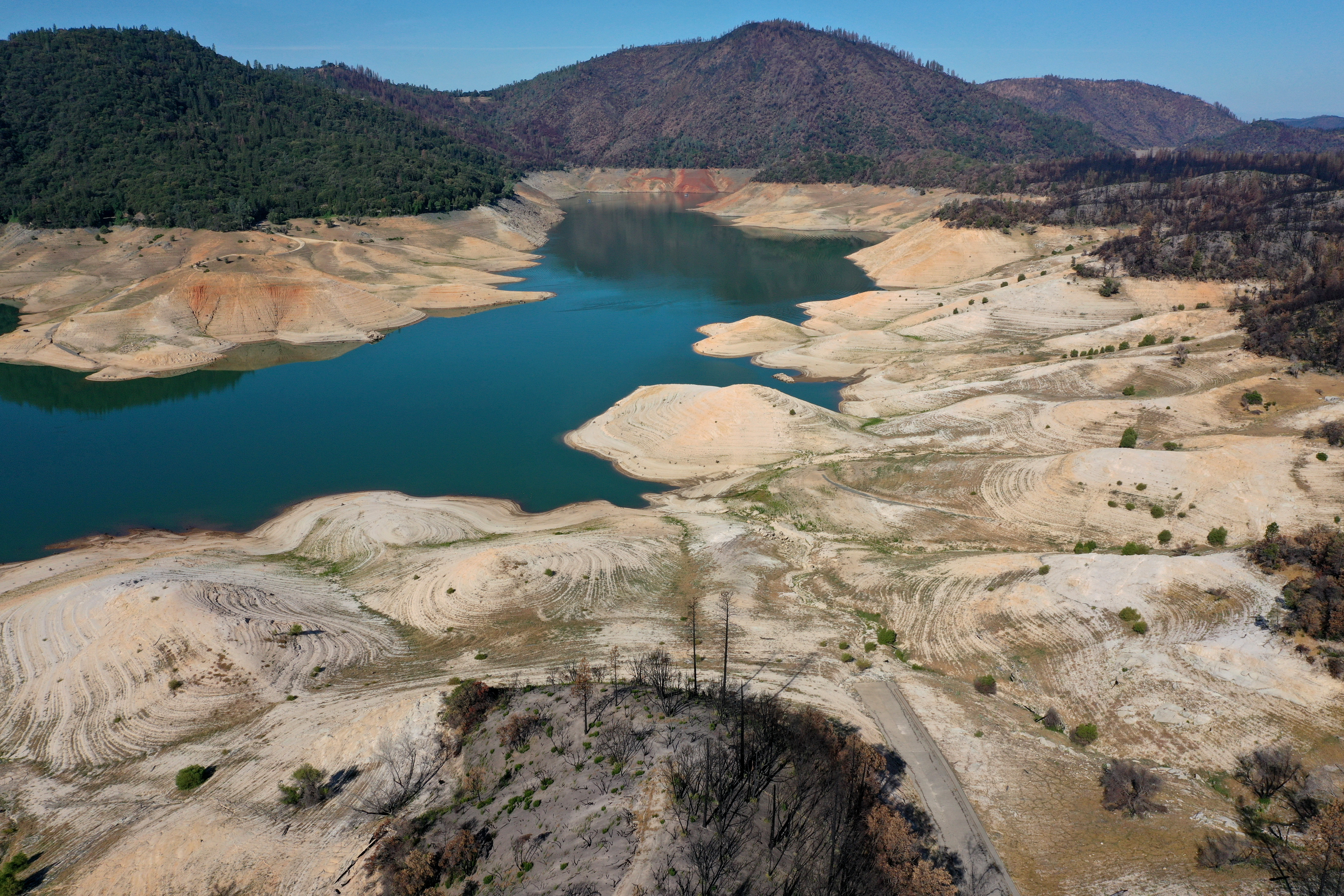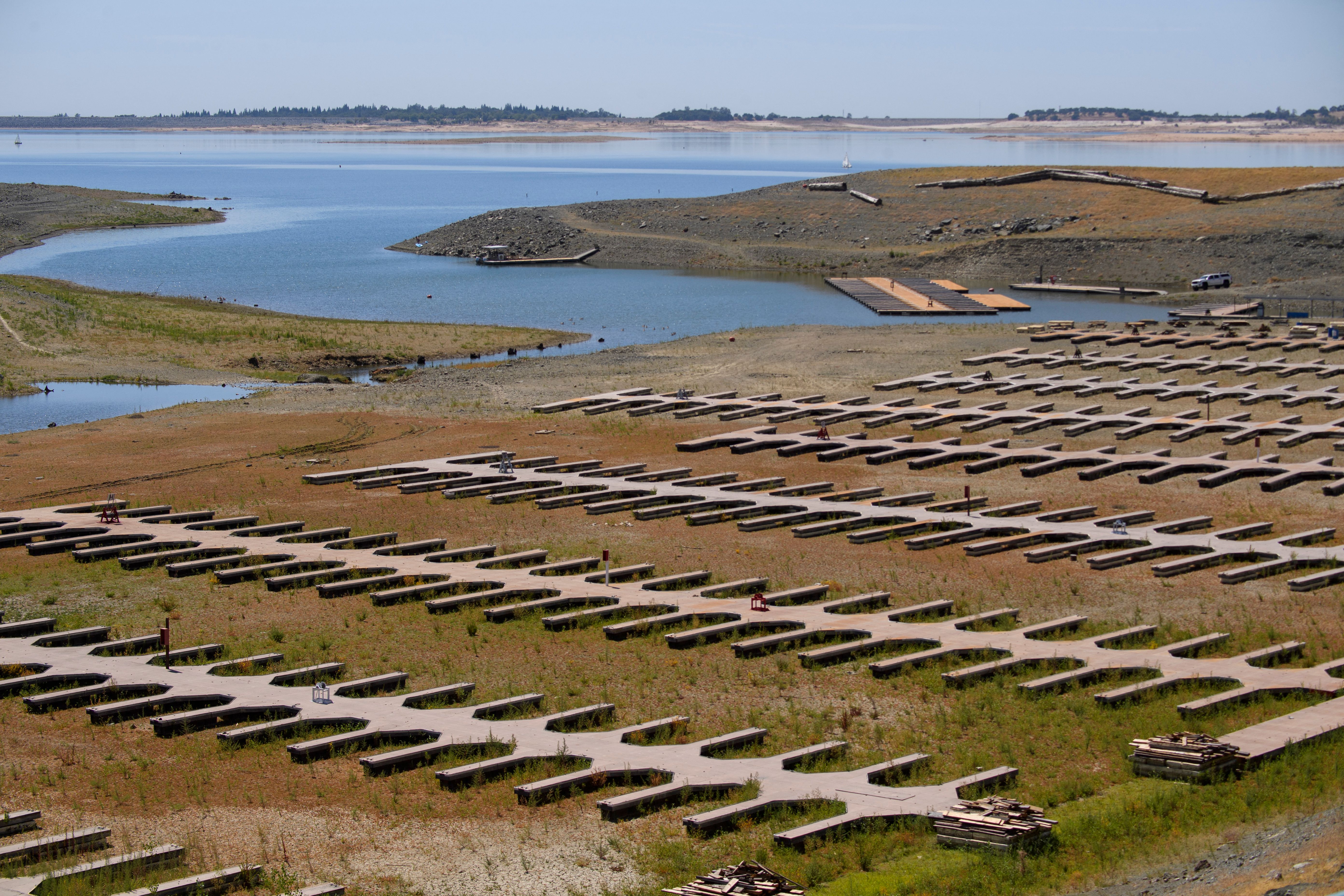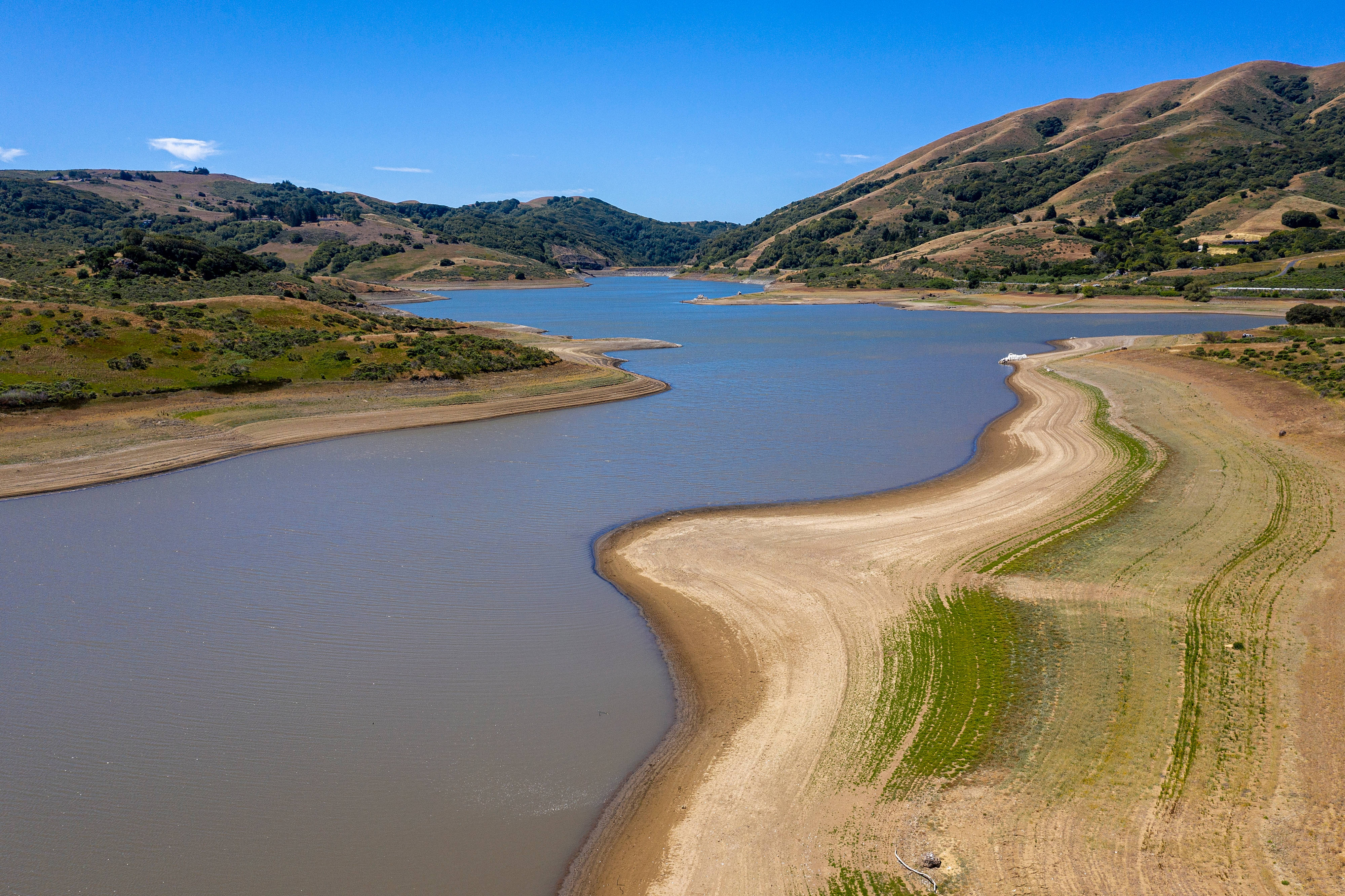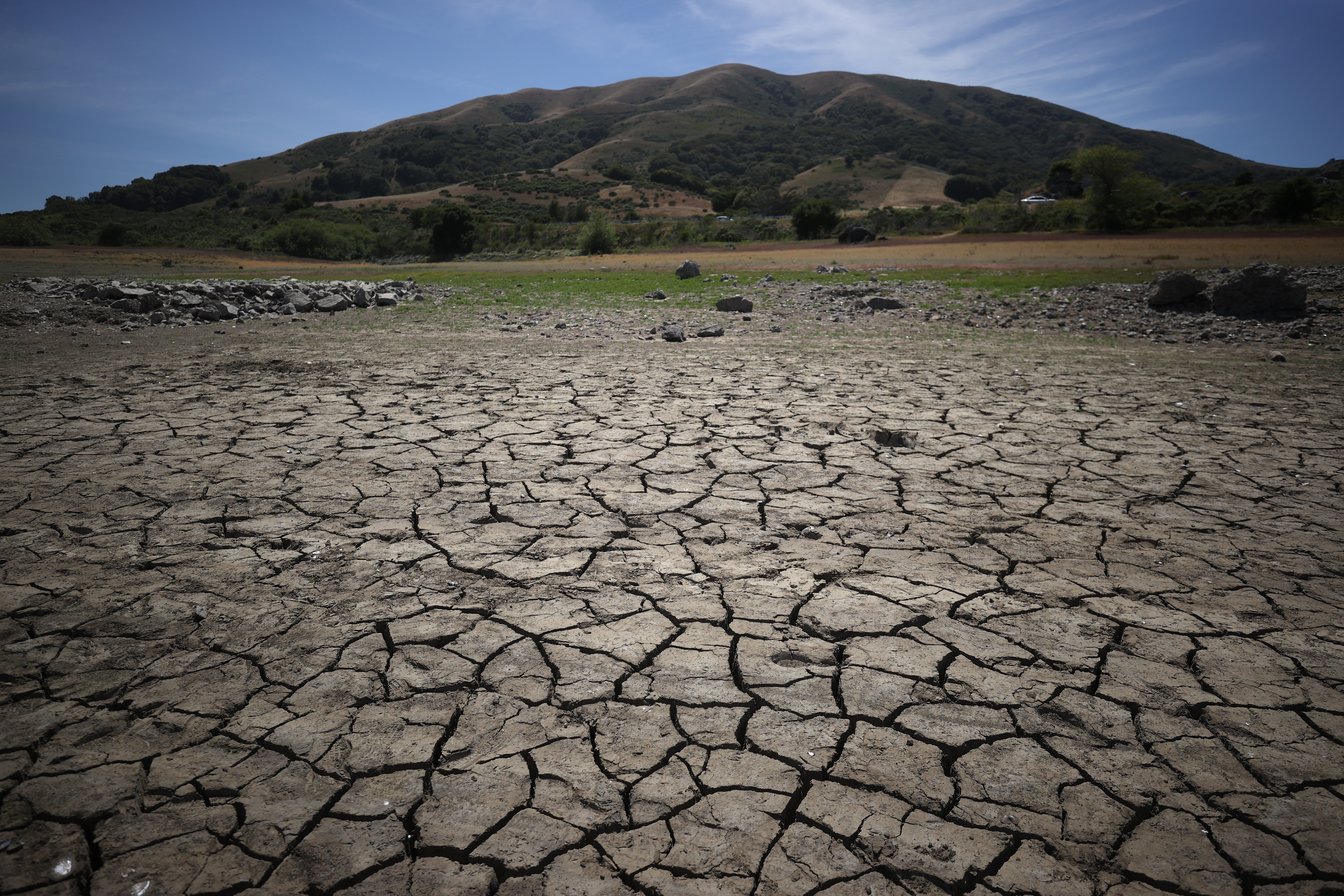California is in the midst of another drought, and experts say the strategy should be more than hoping for an ample supply of rainfall.
There are consequences to having a growing population inhabit the dry, arid conditions of the West, something that even non-experts have recognized. Compounded by the effects of climate change and the specter of more intense dry years soon to come, government officials and residents of the West are exploring how to reframe water conservation efforts toward a more holistic approach.
Watch NBC Bay Area News free wherever you are
Environmentalists, water researchers and other experts spoke at a "Drought in the American West" webinar held by the organization Circle of Blue on Wednesday, discussing the multi-faceted impacts of drought and the role of human-induced climate change.
Heather Cooley, director of research at the Oakland-based Pacific Institute, said false notions of the West's abundance of water first came about with early settlers. Greater economic prosperity and population growth eventually brought an insatiable need for water, which affected natural water supplies and left certain populations vulnerable.
"The challenges we now face are a result of the decisions from the past, but it's incumbent upon all of us to take actions now for a more sustainable, resilient and just water future for the West," Cooley said.
A resilient water system, according to Pacific Institute president emeritus Peter Gleick, is one that's both flexible and redundant, as well as well-integrated with other agencies. It does not mean depleting more water supplies to meet demand, which is what was done before.
Potential solutions to prevent going beyond the ecosystem's natural capacity for water supplies, also called soft water paths, include recycling water, capturing rainfall and desalinating brackish or ocean water.
"Climate change alone should be enough to force us to rethink our water systems, because they were built for a climate that no longer exists," Gleick said.
Former U.S. Secretary of Agriculture Dan Glickman said drought conditions could have major implications for one of the country's greatest sectors -- our food supply. He called on the federal government and corresponding agencies to provide short-term relief for farmers, like greater disaster payments and crop insurance programs.
Get a weekly recap of the latest San Francisco Bay Area housing news with the Housing Deconstructed newsletter.
There are some best practices that private farmers and food production companies use to mitigate the effects of drought, he said, but those practices aren't widespread in the agricultural industry. The next step is to implement shared practices on a regional, if not national scale, he said.
"Unless we modernize our food production techniques, we'll be more and more vulnerable to these great changes in weather patterns, which we will face for a long time," Glickman said.
PHOTOS: Drought Depletes California's Reservoirs
And not only do drought conditions hurt the country's economic system and food supplies, they also put farmworker's livelihoods on the line, said Susana De Anda of the California-based Community Water Center. In rural areas, water becomes a central force in keeping families afloat.
"The reality is that droughts impact already stressing communities, already at-risk communities ... many that haven't had safe drinking water for a decade," De Anda said.
Bidtah Becker of the Navajo Tribal Utility Authority said that 30 to 40 percent of residents on Navajo land lack pipes in their homes. She serves on the leadership team for the Water & Tribes Initiative, which pushes for water sustainability on the Colorado River for tribal communities.
Though there are challenges, Becker said it might be hopeful to consider traditional Navajo teachings, which say change is a part of human life. This hurdle might just mean focusing on new ways to adapt to life on Earth, she said.
"For the first time in my nearly 20-year career, there are so many people speaking about drought and water and wanting to take a holistic approach," Becker said.

